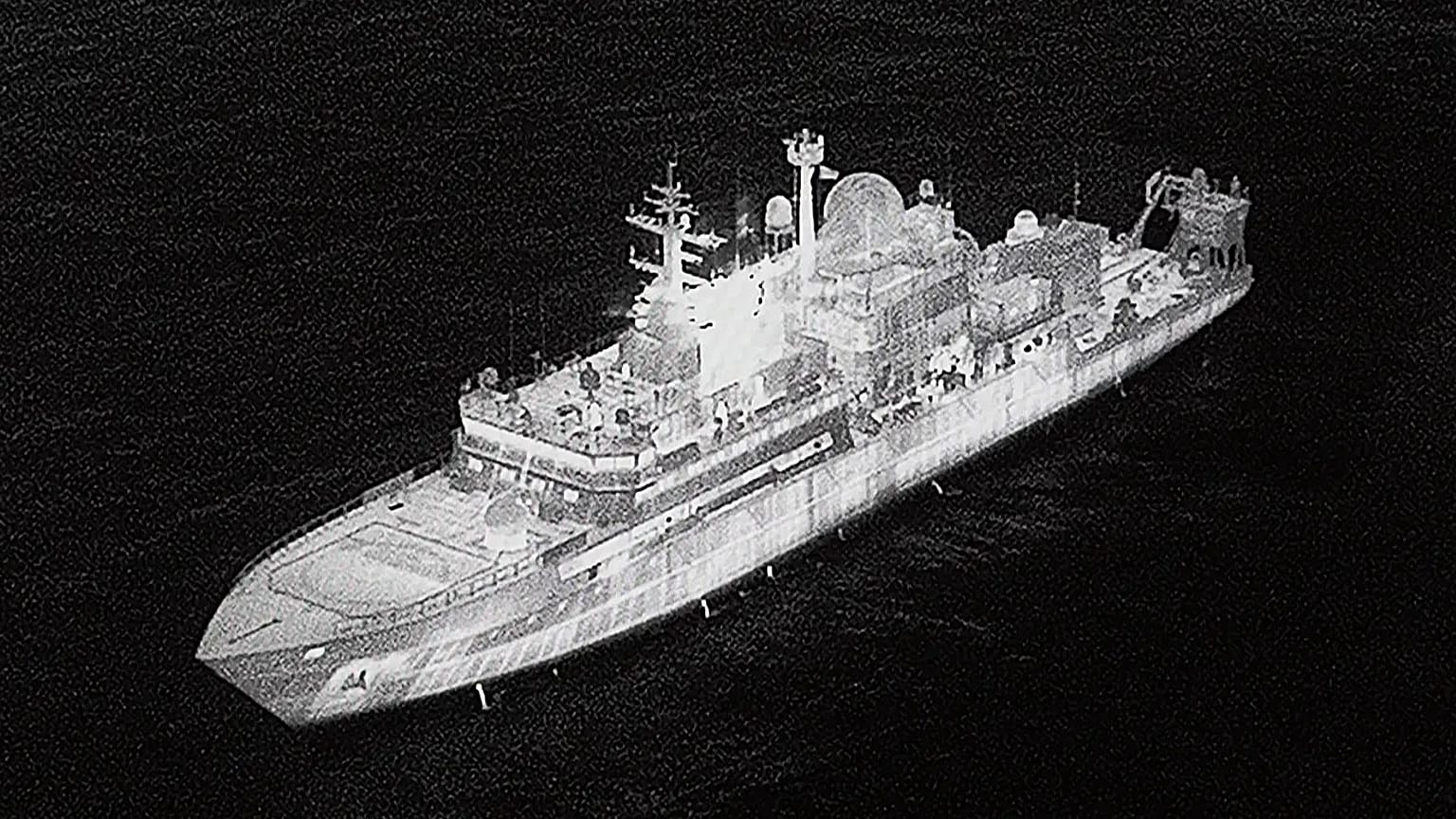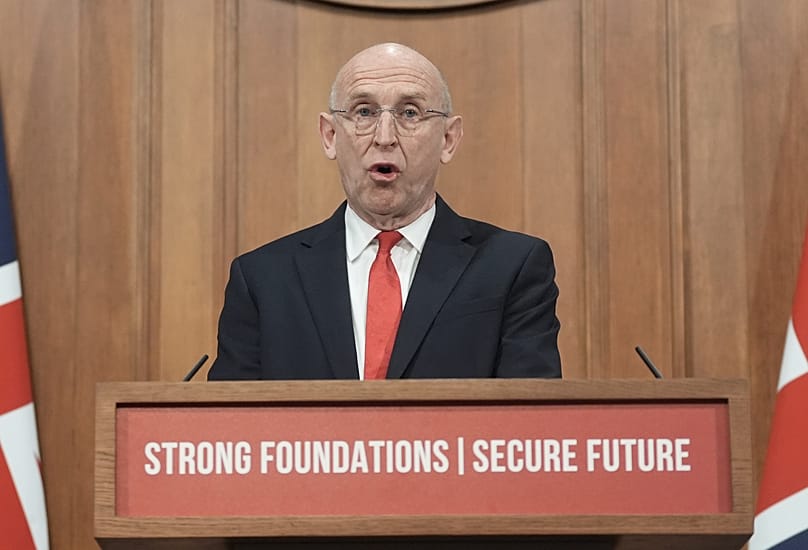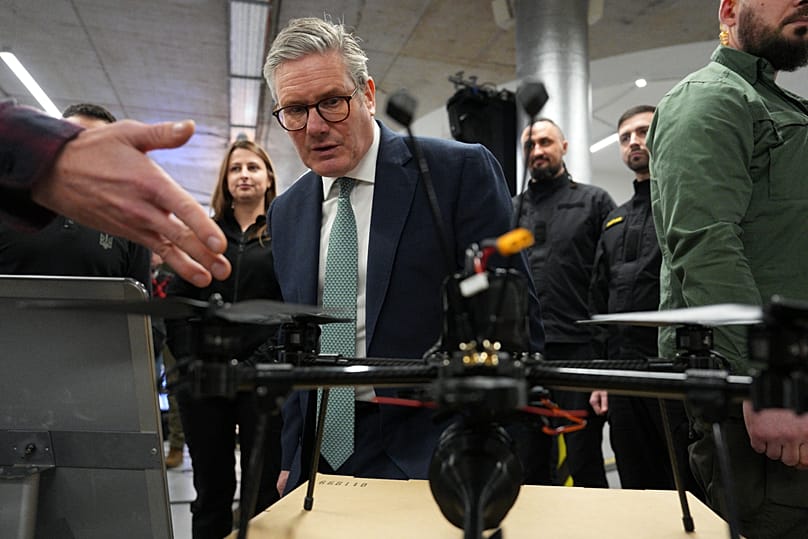British officials said the Yantar is part of the Russian navy, designed to conduct surveillance in peacetime and sabotage during times of war.
The UK warned Russia on Wednesday that it was ready to deal with any incursions into its territory after the Yantar spy ship was detected on the edge of UK waters north of Scotland.
 ADVERTISEMENT
ADVERTISEMENT
 ADVERTISEMENT
ADVERTISEMENT
UK Defence Secretary John Healey said that the Russian vessel had directed lasers at pilots of Royal Air Force (RAF) surveillance aircraft monitoring its activities.
"My message to Russia and to Putin is this: We see you. We know what you're doing. And if the Yantar travels south this week, we are ready," Healey said during a speech in London.
British officials said the Yantar is part of the Russian navy, designed to conduct surveillance in peacetime and sabotage during times of war.
The UK and its allies have tracked the ship and are working to deter its operations whenever it approaches British territorial waters, according to officials.
"It is part of a Russian fleet designed to put and hold our undersea infrastructure and those of our allies at risk," Healey said, referencing attacks on pipelines and cables under the Baltic Sea earlier this year.
This is not the first time the Yantar has probed British defences, Healey said.
After a warning last year, the Yantar left UK waters for the Mediterranean. When the Russian vessel later sailed through the English Channel in January, it was followed by HMS Somerset, a frigate assigned to homeland defence in the waters around the UK.
Healey issued the warning as he made the case for increased defence spending a week before the government releases its new budget.
While Prime Minister Keir Starmer has pledged big increases in military spending in the face of threats from Russia, China and Iran, the UK government is facing tough choices as it eyes tax increases and spending cuts to close a multi-billion euro shortfall in its finances.
Healey, who will visit a drone factory on Wednesday afternoon, announced plans to build at least six new munitions factories at sites from Scotland to Wales.
In June, the government committed £1.5 billion (€1.7 billion) to build the plants, which it says will create at least 1,000 jobs, drive economic growth and ensure that the military has a constant supply of explosives, propellants and pyrotechnics.
Britain also pledged to increase defence spending to 5% of GDP by 2035, in line with most other NATO member states.
The commitment includes 3.5% of GDP on core defence spending, with another 1.5% on infrastructure projects designed to support the nation’s defence.
The UK spent about 2.3% of GDP on defence last year.
"This is a new era of threat. It demands a new era for defence, an era of hard power, strong allies and of sure diplomacy," Healey said.
"And as the threat grows, Britain must step up, and we are."
















